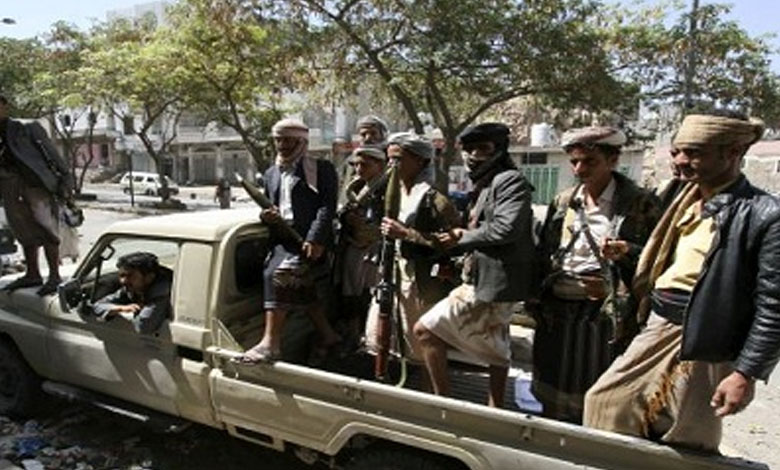Houthis Try Yemeni Influencers on YouTube in Sana’a… On These Charges

The trial of three Yemeni officials on YouTube began on Wednesday in Sana’a, which is under the control of Houthi rebels. They were accused of “spreading false news” and “inciting people to chaos,” according to judicial documents seen by Agence France-Presse.
Last month, Yemeni rebel authorities arrested Ahmed Hajjar, Mustafa al-Momari and Ahmed Alaou, all social media celebrities.
Al-Momari, 29, is popular in Yemen and has more than two million YouTube accounts. Alaou, 32, is a sports commentator, has more than 800,000 followers on his channel, and Hajjar, 43, follows more than 243,000 people.
According to the charge sheet, the three activists were accused of “spreading false and malicious news, statements and rumors with the intention of undermining public security and harming the public interest” through their YouTube channels.
They were also accused of “inciting people to chaos, taking to the streets, storming ministries and paralyzing them,” he said.
A fourth defendant was charged with assisting an activist and “coordinating video content” and asked the public prosecution to “sentence them to the maximum penalties stipulated by law”.
Ahmed Hajar was arrested after posting a video in which he criticized the authorities of the rebels and the deterioration of living conditions in the areas under their control, accusing them of corruption.
In a video posted on his YouTube channel, which has over half a million views, Hajar says that the rebels “have stolen the Yemeni people, plundered the Yemeni people with a saying we hear daily more than two million times, all Yemenis, wherever you go, say (…), the old and the young complain about Ansar Allah”.
Hajar “was arrested and kidnapped from the street on December 22,” one of his relatives told AFP on condition of anonymity.
He said the family was able to visit him two weeks ago and he was “in a deplorable state, not normal,” adding that he had chronic diseases.
Yemen has been wracked since 2014 by a conflict between the Iran-backed Houthi rebels and government forces backed by a Saudi-led military coalition, which has killed hundreds of thousands of people directly or in repercussions, according to the UN.
Millions of Yemen’s population are threatened by famine, and thousands, including many from Houthi-controlled areas, need urgent medical treatment that is not available in the devastated country. Around 80% of Yemen’s 30 million people depend on aid to survive.
Earlier this week, Houthi rebels referred a number of judges in areas under their control to investigation over social media posts calling on their colleagues to stand united against any act targeting the independence of the judiciary; including non-payment of salaries, based on the so-called “Code of Conduct”.












